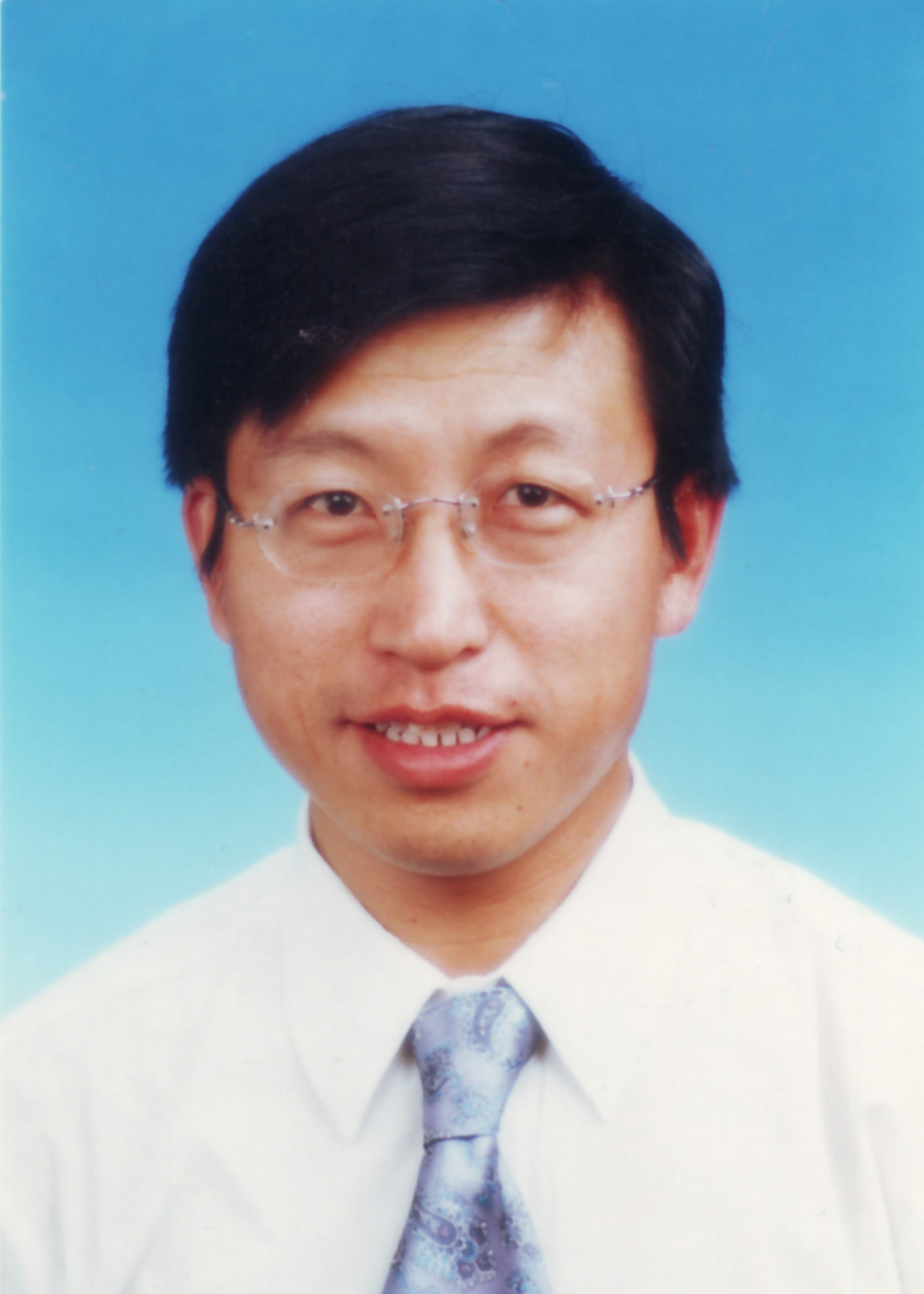Faculty
Biology

QIANJIN LIANG
Professor
Cell proliferation and its regulation; molecular/cyto-genetics.
Dean of the Department of Genetics and Developmental Biology, College of Life Sciences, Beijing Normal University; Chief Editor of Cell Biology Branch of Encyclopedia of China (2nd Edition); Lecturer of National Bilingual Demonstration Course (Genetics); Beijing Excellent Talents Training Subsidiary Object and Excellent Project Host of Natural Science Foundation. Do research on cell proliferation/molecular and cyto-genetics and teach Genetics, and English in Biology, Evolution and so on.
Main Research Contents
Explore the mechanism and functional genes of mitosis. In addition, study on environmental toxicology and biological invasion.
Research Contents:
(1) Revealed a new pattern of mitotic phosphorylation that is different from the traditional CDK/Cyclin model; Explored the relationship between centromeric proteins and tumors.
(2) Revealed a way for centrosome-spindle proteins to maintain chromosomal balance by preventing centromere breakage in mitosis.
(3) Found a pathway that a centrosomal protein participates in microfilament assembly / cell migration controlling through binding Myosin components and regulating their phosphorylation.
(4) Studied the specific methylation in female X chromosome inactivation and the reduction of the specificity in tumors.
(5) Proved the relationship between the blocked histone degradation and sperm inactivation.
These research contents, especially those for cell proliferation / mitosis and its regulation, and the tumor development / metastasis associated respects, are continuing to explore.
Selected Publications
♦ Research Articles
1. Wang YQ#, Gu Q#, Yan KY, Zhu Y, Tan T, Zheng YB, Wang XJ, Zou TY, Liang QJ*. Deletion of INMAP postpones mitotic exit and induces apoptosis by disabling the formation of mitotic spindle. Biochem Biophys Res Commun, 2019, 518: 19-25.
2. Zhao JZ#, Wang YQ#, Liang QJ, Xu Y*, Sang JL*. MAGEA1 inhibits the expression of BORIS via increased promoter methylation. J Cell Sci, 2019, 132 (1): 1-12.
3. Cao Y, Lei Y, Luo Y, Tan T, Du BC, Zheng YB, Sun L, Liang QJ*. The actomyosin network is influenced by NMHC IIA and regulated by CrpF46, which is involved in controlling cell migration. Experimental Cell Research , 2018. 373 (1–2): 119-131.
4. Lyu GL, Tan T, Guan YT, Sun L, Liang QJ*, Tao W*. Changes in the position and volume of inactive X chromosomes during the G0/G1 transition. Chromosome Res (2018) 26:179–189.
5. Zhu Y, Lei Y, Du BC, Lu XF, Tan T, Kang JT, Sun L , Liang QJ*. INMAP Overexpression Inhibits Cell Proliferation,Induces Genomic Instability and Functions through p53/p21 Pathways. PLoS ONE , 2015, 10(1): e0115704.
6. Tan T, Chen Z, Lei Y , Zhu Y, Liang QJ*. A regulatory effect of INMAP on centromere proteins: antisense INMAP induces CENP-B variation and centromeric halo. PLoS ONE , 2014, 9(3): e91937.
7. Zhou YL, Chen Z, Lei Y, Wang PC, Zheng YB, Liang QJ*. INMAP, a novel truncated version of POLR3B, represses AP-1 and p53 transcriptional activity. Molecular and Cellular Biochemistry , (2013), 374(1&2):81-89.
8. Li Y, Tan T, Zong L, He DC, Tao W*, Liang QJ*. Study of methylation of histone H3 lysine 9 and H3 lysine 27 during X chromosome inactivation in three types of cells. Chromosome Research , (2012),20:769–778.
9. Wu CF, Wang R, Liang Q, Liang J, Li W, Jung SY, Qin J, Lin SH, Kuang J*. Dissecting the M Phase–specific Phosphorylation of Serine–Proline or Threonine–Proline Motifs. Molecular Biology of the Cell, (2010), 21(9):1470-1481.
10. Wei Y, Shen EZ, Zhao N,Liu Q,Fan JL, Marc J, Wang YC, Sun L, Liang QJ*. Identification of a novel centrosomal protein CrpF46 involved in cell cycle progression and mitosis. Expeirimental Cell Research , (2008), 314(8):1693-1707.
11. Shen EZ, Lei Y, Liu Q, Zheng YB, Song CQ, Marc Jan, Wang YC, Sun Le, Liang QJ*. Identification and characterization of INMAP, a novel interphase nucleus and mitotic apparatus protein that is involved in spindle formation and cell cycle progression. Expeirimental Cell Research, (2009), 315: 1100-1116.
Contact Information
College of Life Sciences,
Beijing Normal University,
Beijing 100875,
P. R. China
E-mail: Lqj@bnu.edu.cn


